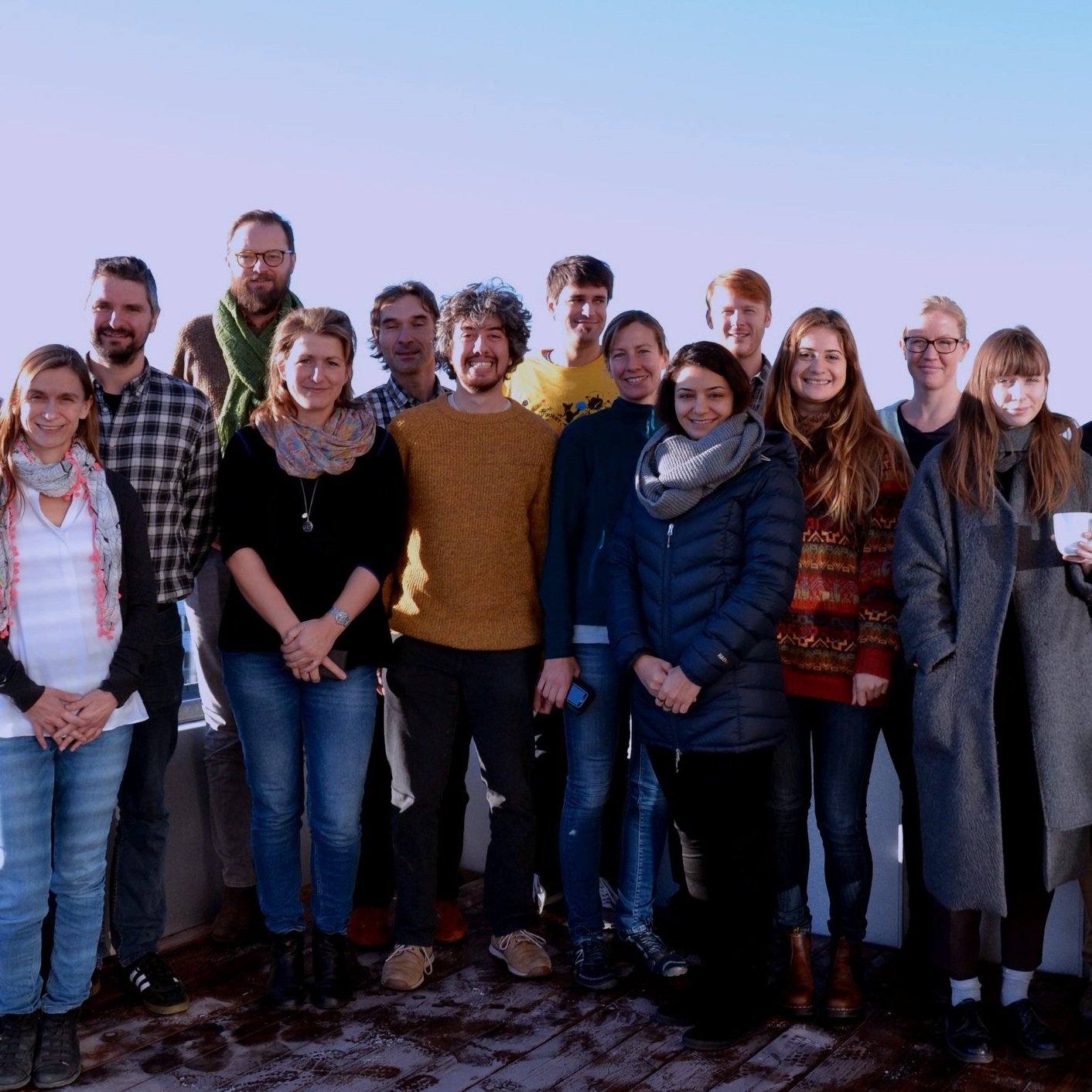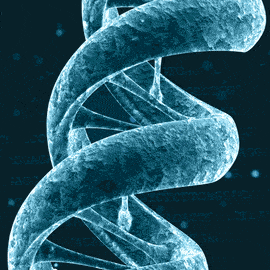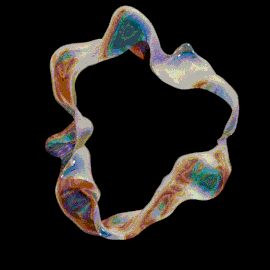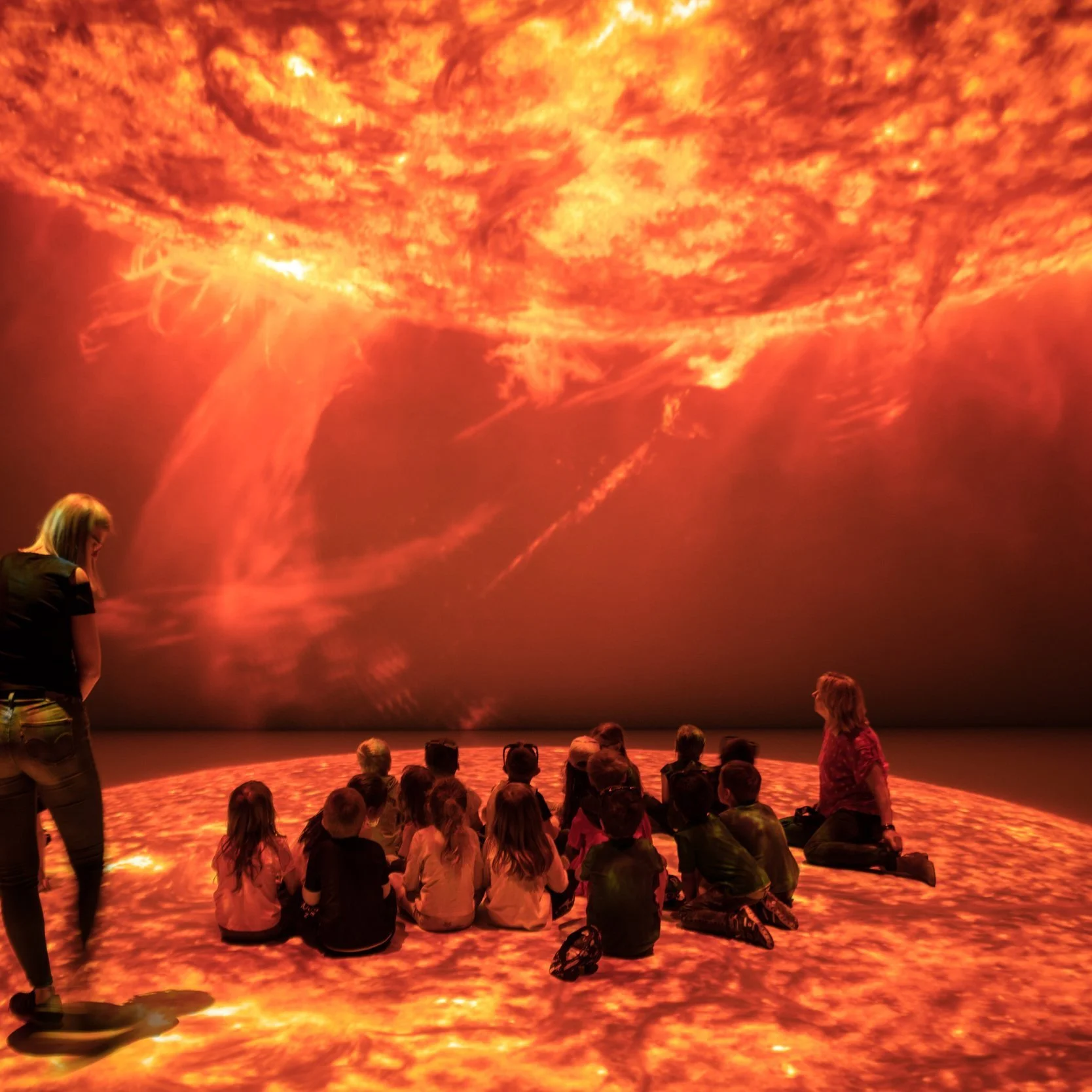When: 8 May, 2024, 15:30 - 16:30 CET
Speaker: Christopher Roberts, University of Delaware, USA
Preliminary title: From Colloidal Self Interactions to Self-Association of Therapeutic Proteins: Combining Experimental & Computational Tools
Abstract
Protein-protein self-interactions are involved in a number of important aspects of controlling the solution properties and stability of therapeutic proteins that affect how challenging it can be to develop a viable drug product for biotherapeutics such as monoclonal antibodies (MAbs) and novel engineered antibody formats with antibodies or antibody fragments with payload proteins / domains (e.g., Fc-fusion constructs). This presentation focuses on a combination of experimental approaches to characterize protein-protein interactions such as small-angle static and dynamic scattering methods, along with coarse-grained molecular models to help address issues such as: predicting high-concentration behaviour; identifying which domains or regions of a protein are most promising to “redevelop” to improve net protein-protein interactions and solution behaviour; and identifying key amino acids for targeted “local protein engineering” to improve the drug product physical characteristics while minimizing risk to clinical efficacy. Examples include a series of MAbs at low and high concentration conditions and a set of Fc-fusion protein constructs (monovalent and bivalent). The results highlight that coarse-grained models with sufficient granularity at the level of charge distributions can offer a useful computationally accessible balance for predicting key experimental behaviour with computational burden that should be reasonable for scaling to the larger needs of the industry.
Bio
Dr. Roberts is a Professor in the Department of Chemical and Biomolecular Engineering at the University of Delaware (UD), and the Associate Institute Director for the National Institute for Innovation in Manufacturing Biopharmaceuticals (NIIMBL). He also serves as the Co-Director of the Masters of Science Program in Biopharmaceutical Sciences at UD, Director of the Biomolecular Interaction Technologies Center (BITC) and the Director of the Center for Biomanufacturing Science and Technology (CBST) at UD. He received a Bachelors of Chemical Engineering degree from UD, and a Ph.D. in Chemical Engineering from Princeton University. Prior to joining UD, he worked at Pfizer as a formulation scientist for protein and small-molecule based therapeutics. The research focus of the Roberts laboratory is on experimental and theoretical fundamentals and applications of protein physical and chemical stability to address questions of biopharmaceutical product design, stability, and manufacturing.





















